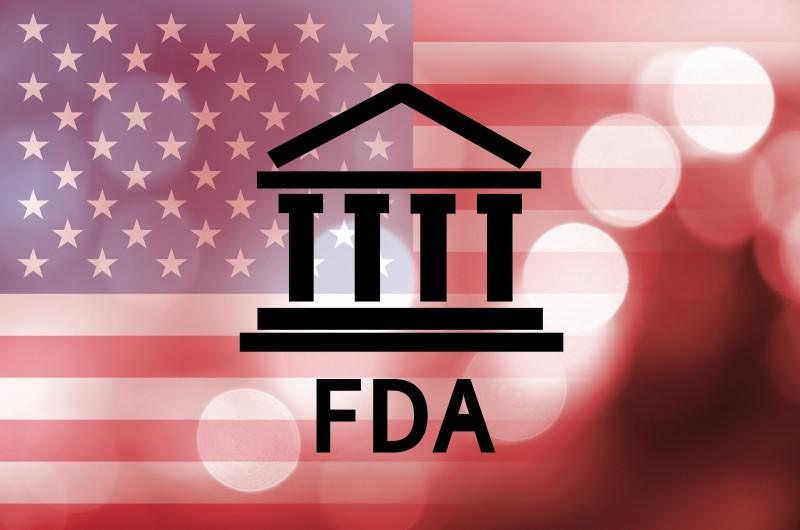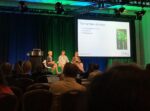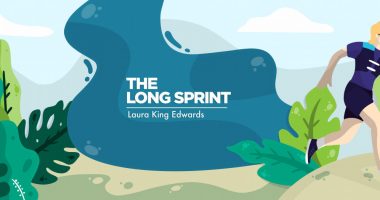LX1004 Gene Therapy Wins Orphan Drug, Rare Pediatric Disease Status

g0d4ather/Shutterstock
The U.S. Food and Drug Administration (FDA) has granted both orphan drug and rare pediatric disease designations to LX1004, an investigational gene therapy for CLN2 disease, also known as late infantile Batten disease.
“Both designations granted to LX1004 underscore the critical importance and urgency to advance new treatment approaches for CLN2 Batten disease, a fatal genetic disorder affecting the central nervous system (CNS),” R. Nolan Townsend, CEO of Lexeo Therapeutics, the therapy’s developer, said in a press release.
Townsend said Lexeo is pursuing LX1004’s development “with the hope of making it available for patients as soon as possible.”
LX1004 is an adeno-associated virus (AAV)-mediated gene therapy. It is designed to deliver a healthy copy of CLN2, the gene that provides instructions to make an enzyme called tripeptidyl peptidase 1 (TPP1), to the central nervous system, which is comprised of the brain and spinal cord.
When CLN2 is mutated, as in late infantile Batten disease, a lack of TTP1 makes cells — particularly neurons, or nerve cells — die. This results in symptoms such as seizures and the loss of motor skills and cognitive ability.
The company has completed a Phase 1 clinical trial of LX1004 and expects to advance, in 2022, to a pivotal study seeking to demonstrate the therapy’s efficacy.
“We are encouraged by the Phase I study results of LX1004 which reached clinical proof of concept, and we look forward to advancing the program through further clinical development,” Townsend said.
A program with orphan drug designation is eligible for incentives to speed the therapy’s development. In addition, Lexeo may submit a biologics license application to request permission to market LX1004. If approved, the company may be eligible to get a priority review voucher to expedite the review process for the therapy.
Lexeo was founded based on gene therapy research done at Weill Cornell Medicine in New York, with whom the company said it maintains a partnership.
Researchers at Weill had led a previous Phase 1 clinical trial (NCT00151216) assessing the safety of delivering the CLN2 gene using an AAV vector into the central nervous system. That study, completed in June 2019, involved 10 patients with late infantile Batten disease.
Results have shown that neurological decline was reduced in patients who received the gene therapy compared with controls, suggesting the strategy has the potential to delay disease progression. The scientists said the findings warranted additional studies to assess the safety and efficacy of AAV-mediated gene therapy.







